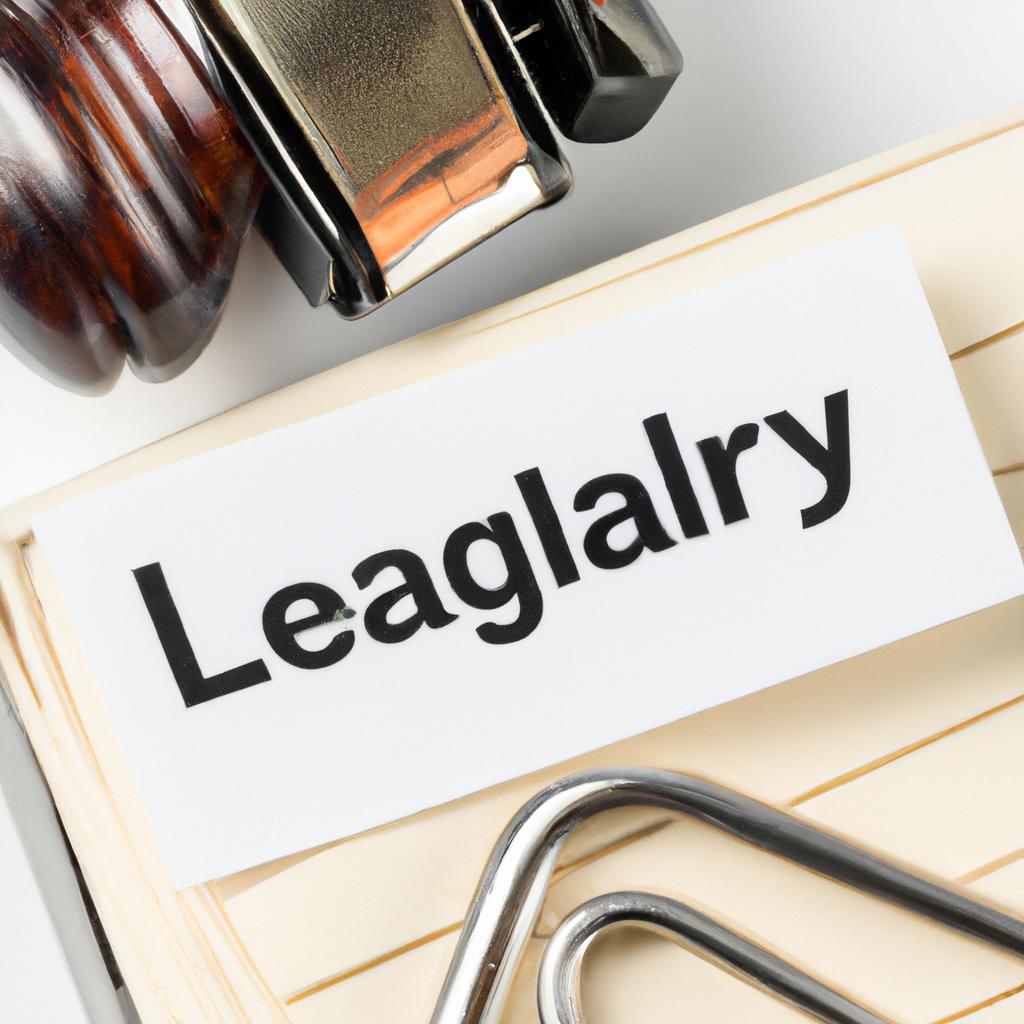Losing a loved one is undoubtedly a difficult and emotional time. As experienced professionals in estate planning and end-of-life arrangements, Morgan Legal Group understands the importance of being prepared for the inevitable. In this article, we will guide you through the necessary steps to properly prepare for a funeral, ensuring that you can honor your loved one’s memory with dignity and respect. From creating a detailed plan to understanding the legal aspects of funeral arrangements, let us assist you in navigating this challenging process with confidence and peace of mind.
– Understanding the Importance of Proper Funeral Planning
Proper funeral planning is a crucial step in ensuring that your final wishes are carried out and that your loved ones are not burdened with difficult decisions during their time of grief. By taking the time to plan ahead, you can relieve your family of the emotional and financial stress of making arrangements after your passing. It allows you to have control over the type of service you want, the final resting place of your remains, and other important details that reflect your personal preferences and values.
When preparing for a funeral, it is essential to consider various factors, such as determining your budget, choosing between burial or cremation, selecting a funeral home, and deciding on the type of service you want. Additionally, you may want to think about creating a will or trust to ensure that your assets are distributed according to your wishes. By engaging in proper funeral planning, you can provide your family with peace of mind knowing that everything has been taken care of in advance.

– Preparing Legal Documents and Financial Arrangements
One of the most important aspects of preparing for a funeral is ensuring that all legal documents and financial arrangements are in order. This includes ensuring that a valid Will is in place to outline the deceased’s wishes regarding their estate. It is essential to consult with an experienced attorney to draft a comprehensive Will that covers all assets and beneficiaries.
In addition to a Will, it is crucial to consider setting up a trust to protect assets and provide for loved ones. Trusts can help avoid probate and ensure that assets are distributed according to the deceased’s wishes. It is also important to review and update beneficiary designations on financial accounts, insurance policies, and retirement accounts to ensure that they align with the overall estate plan. Working with a knowledgeable attorney from Morgan Legal Group can help simplify the process and provide peace of mind during a difficult time.
- Embracing Communication and Support Systems
Preparing for a funeral can be a daunting task, but with the right communication and support systems in place, the process can be made much more manageable. One important step in preparing for a funeral is to make a list of tasks that need to be completed, such as contacting funeral homes, arranging for burial or cremation, and notifying friends and family. This list can help ensure that nothing is overlooked during this challenging time.
Another important aspect of preparing for a funeral is to communicate with friends and family about the arrangements. This can help ensure that everyone is on the same page and can provide support to each other during this difficult time. Additionally, having a support system in place can help alleviate some of the stress and burden of planning a funeral. Whether it’s friends, family, or a professional support system, having people to lean on can make a significant difference during this emotional time. Remember, you do not have to go through this alone. Boldly embrace the communication and support systems available to you.
| Task | Responsible Party |
| Contact funeral home | Immediate family |
| Arrange burial or cremation | Executor of the estate |
| Notify friends and family | Close family members |

– Creating a Meaningful and Personalized Tribute for your Loved One
When it comes to preparing for a funeral, it is important to take the time to create a meaningful and personalized tribute for your loved one. This can be a healing and cathartic process for those who are grieving, as it allows them to honor the memory of the deceased in a special way. Here are some tips to help you plan a fitting farewell:
First, consider the wishes and personality of the deceased. Think about what made them unique and how you can incorporate those elements into the funeral service. This could include their favorite music, hobbies, or quotes that were meaningful to them. Creating a personalized tribute will not only celebrate their life but also provide comfort to those who are mourning their loss.
Q&A
Q: What is the first step in preparing for a funeral?
A: The first step is to make arrangements with a funeral home or direct cremation service.
Q: What documents are needed for funeral planning?
A: You will need the deceased person’s identification, insurance paperwork, and any prearranged funeral plans.
Q: How can one personalize a funeral service?
A: You can personalize a funeral service by incorporating the deceased’s favorite music, flowers, or photos.
Q: What is the importance of a funeral director in the planning process?
A: A funeral director can help guide you through the planning process and handle logistical details.
Q: How can one involve family and friends in the funeral planning process?
A: You can involve family and friends by asking for their input on service details or requesting their help with tasks like creating a memory table.
In Summary
As you navigate through the difficult process of preparing for a funeral, remember to give yourself grace and space to grieve. Lean on your loved ones for support, and take the time to honor the life of the one you have lost. By following these steps and seeking out resources for assistance, you can ensure that the funeral planning process goes as smoothly as possible. Remember, it’s okay to feel a mix of emotions during this time – allow yourself to experience them fully. And above all else, remember that healing takes time, so be patient with yourself as you move forward on your journey of remembrance and healing.





